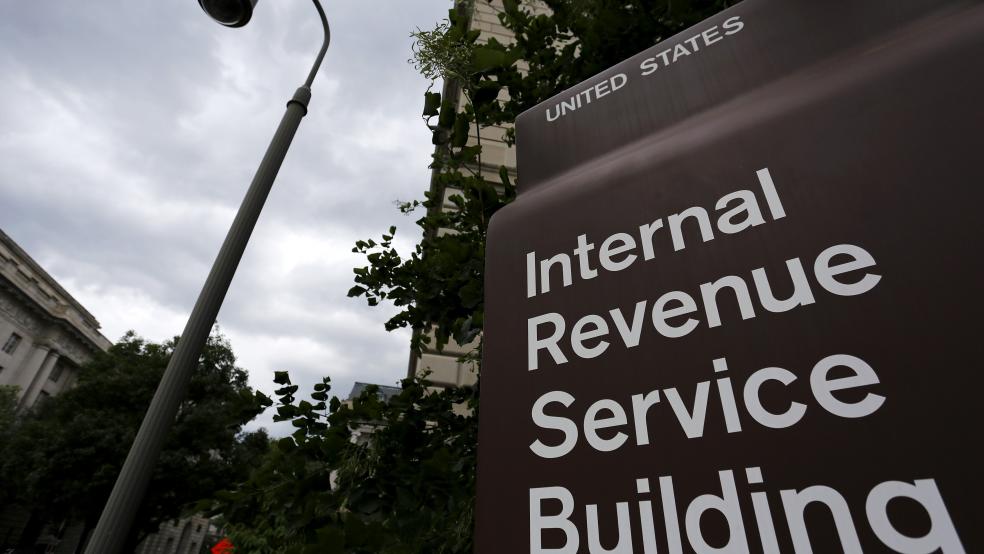The tax overhaul signed into law by then-President Donald Trump in 2017 created a new way for high-income business owners to sharply reduce their taxes – and according to a new analysis by ProPublica, some have done just that.
The Republican tax law slashed the tax rate on the profits of pass-through businesses, while cutting individual income tax rates only modestly. ProPublica’s Robert Faturechi and Justin Elliott say that change “created an alluring opportunity. People who were both owners and employees of a company could make the same amount of money but change how they label it, by lowering their salaries and in turn increasing the company’s profits, which they shared in.”
Owners of pass-throughs could earn a reduction in their tax rate of more than 10 percentage points by reducing their salaries, which are taxed as ordinary income at up to 37%, plus a 3.8% Medicare levy, and instead allow more business revenue to flow into profits, which are taxed at a top rate of 29.6%.
According to Faturechi and Elliott, tax advisers were well aware of the implications of the tax law change at the time. The new law “leaves a gaping hole in the tax code,” one adviser said at a conference in 2018, adding that the goal is to “drive right through that hole” and seize big tax savings for clients.
Other experts warned that the loophole would be abused, and Faturechi and Elliott say that a review of IRS data shows that those “fears appear to have materialized.”
Drawing on a controversial trove of tax returns from high-income individuals, the researchers found that multiple executives slashed their incomes between 2017 and 2018, presumably to cut their tax bills. “The mysterious pay cuts played out across industries, from logistics companies to real estate firms to makers of bathtubs, and among executives of varying degrees of prominence,” they write. “The salary for one construction firm executive dropped from more than $4 million in 2017 to $105,000 in 2018.”
Executives cited by Faturechi and Elliott include Jeffrey Records, CEO of MidFirst Bank, whose income plunged from $8.6 million in 2017 to $1.8 million in 2018; Dick Uihlein, chairman of shipping supplies giant Uline, whose income dropped from $5.1 million to $2.1 million; and David MacNeil, CEO of WeatherTech, whose income fell to $47 million in 2018, down from $68 million the year before.
The tax savings for the executives were significant. According to ProPublica, WeatherTech’s MacNeil saved an estimated $8 million in the first two years the tax law was in effect.
The bottom line: “Taking an unreasonably low salary in order to avoid taxes is illegal,” the researchers point out. But the IRS has no clear standard on what a reasonable salary is, and as a result, the business owners will not likely face questions on their income shifts.
“For a business owner, there’s every incentive to do this and every reason to believe you’ll get away with it,” tax law professor Karen Burke told the authors.




